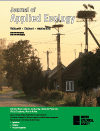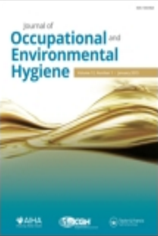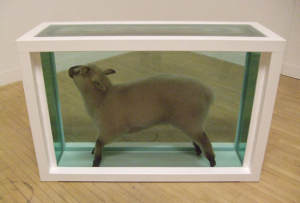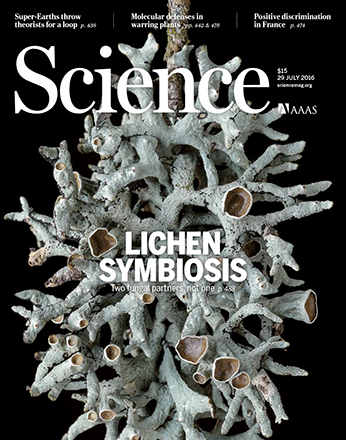 An ecology journal has issued an expression of concern (EOC) for a recently published study, citing an institutional investigation about the data and conclusions.
An ecology journal has issued an expression of concern (EOC) for a recently published study, citing an institutional investigation about the data and conclusions.
According to the notice — issued by the Journal of Applied Ecology — the author’s institution in South Africa has received a report from an independent examiner. The editors are reviewing the paper — about reducing the impact of lethal carnivores such as black-backed jackals — “in light of this information.”
An official from the journal told us the investigation has to do with “relevant background information” that was not included in the study, published online in December.
Here’s the EOC, published earlier this month: Continue reading Ecology journal flags carnivore paper under investigation




 A tribunal in the UK has
A tribunal in the UK has  Science is considering adding an expression of concern (EOC) to a June paper that
Science is considering adding an expression of concern (EOC) to a June paper that 
